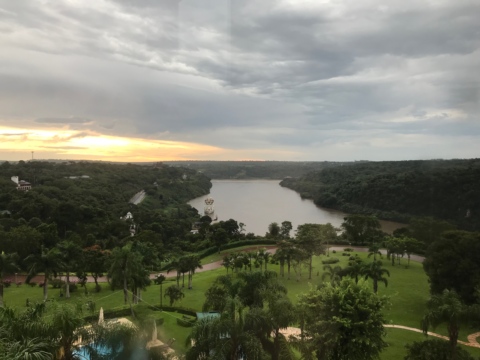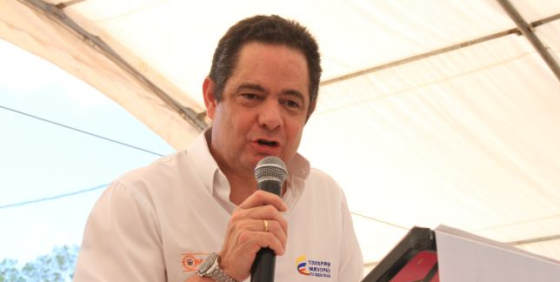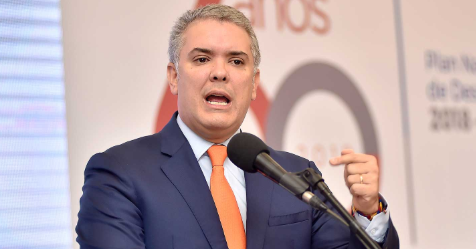
Should Colombia’s President Change His Approach?
Does Duque need to change his approach in order to push through his agenda, and if so, how?
Does Duque need to change his approach in order to push through his agenda, and if so, how?
The largest tropical rainforest on the planet, the Amazon plays a critical role as a storehouse of carbon and mediator of the global water cycle and holds a greater share of the world’s known biodiversity than any other ecosystem. However, unchecked development is placing the Amazon under threat, pushing deforestation rates to near-record levels throughout the region.
Colombia’s government has developed a roadmap for expanding the country’s oil and gas reserves, Deputy Energy Minister Diego Mesa said.
The development of energy resources is an integral component of many of Latin America’s economies, from established producers like Colombia and Brazil to newcomers to the global energy market like freshly oil-rich Guyana. However, policymakers and energy companies throughout the region must devise solutions to a variety of fiscal, political, social, and environmental hurdles to ensure successful and sustainable projects, explained speakers at an Inter-American Dialogue event on May 10.
What are the implications of the Supreme Court’s decision to release former FARC leader Seuxis Hernández?
Deforestation rates in the Amazon River Basin have risen to near-record levels in recent years, threatening biodiversity and indigenous lands as well as global climate change efforts and weather patterns in the Amazon region and beyond. The lack of governance across Amazonian nations is a primary factor behind countries’ failure to stem forest loss, said experts at an event launching a new Inter-American Dialogue report on May 29.
Countries in the Amazon Basin are falling behind on their targets to cut deforestation. Environmental enforcement combined with economic incentives could provide a way forward, write Lisa Viscidi and Enrique Ortiz in this op-ed.
Conflicts over energy and natural resources are leading to social turmoil and posing serious challenges for investment projects all over Latin America. To better manage such conflicts, Latin American governments must step up their involvement in the consultation process and communicate more effectively with local communities about potential social, environmental and economic impacts, according to a new report by the Inter-American Dialogue.
This report offers an extensive review of the English, Chinese, Spanish, and Portuguese literature on Chinese overseas energy sector engagement, highlighting a sub-set of issues especially relevant to policymakers. These include China’s effect on global commodity markets, the country’s outbound investment policies, and the extent to which China has a centralized strategy for overseas energy resource acquisition. The report concludes with timely suggestions for further research on Chinese energy engagement in the Americas.
Los temas claves en la agenda del mandatario colombiano han sido Venezuela y Estados Unidos.
In this article, we take a closer look at migration trends in three examples that showcase current trends: Central America, Venezuela, the Caribbean. We also take a look at specific recommendations to address migration.
What are South American countries already doing to protect the Amazon, and how else can they cooperate?
Peter Hakim, president emeritus and a senior fellow at the Inter-American Dialogue, joined Imran Garda of TRT World’s The Newsmakers to discuss recent developments in Colombia and the future of the Colombian government’s peace deal with the FARC.
A proposta de Wilson Witzel, governador do Rio de Janeiro, de pedir o fechamento da fronteira do Brasil com o Paraguai, Bolívia e Colômbia como forma de reduzir a violência dificultando o tráfico de drogas e de armas não é factível, na opinião de Michael Shifter.
What would be the consequences for the government, individuals and companies if the Constitutional Court invalidates the tax reform?
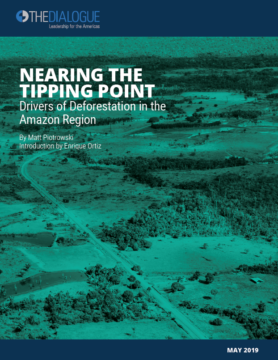
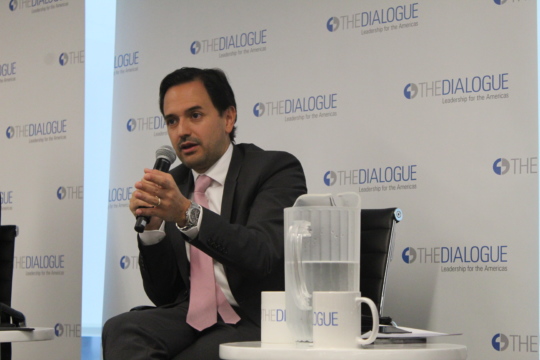
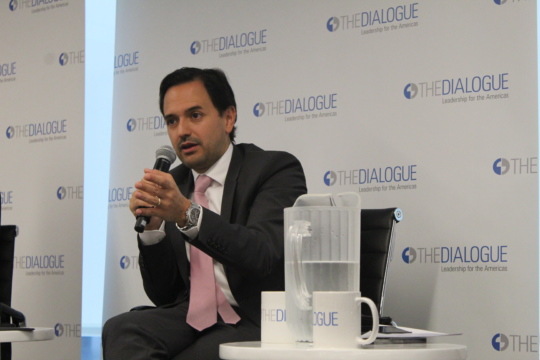 Video
Video

 Video
Video
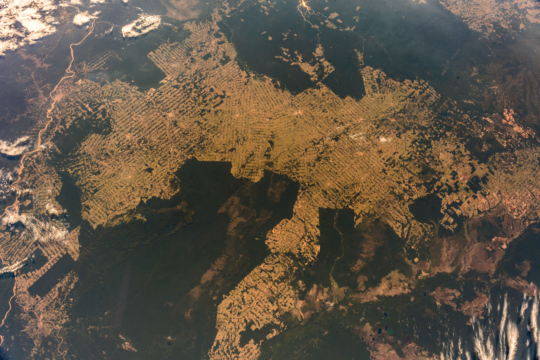
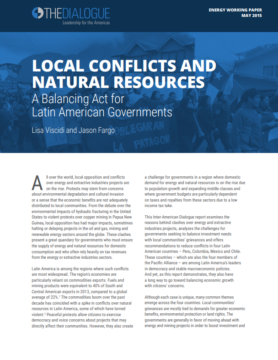
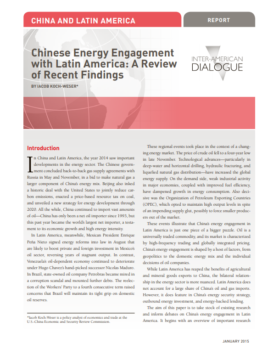
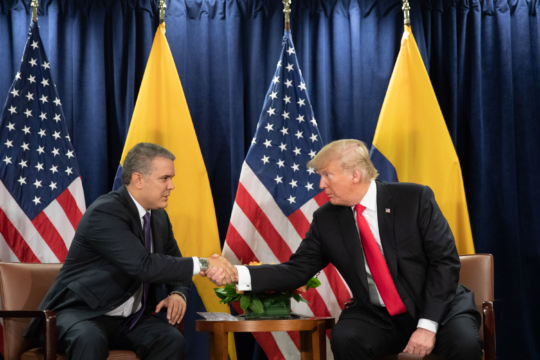
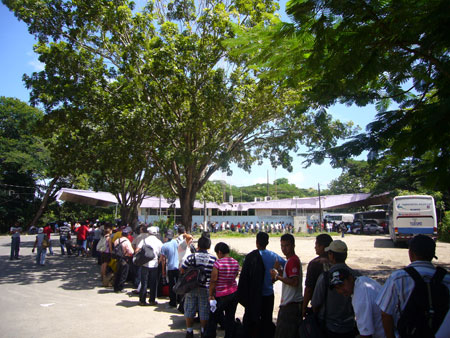
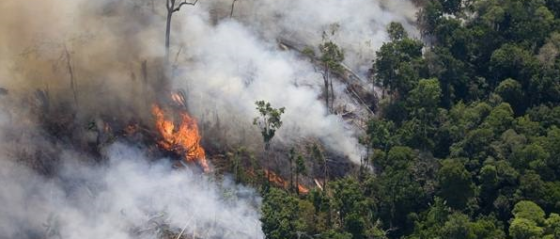
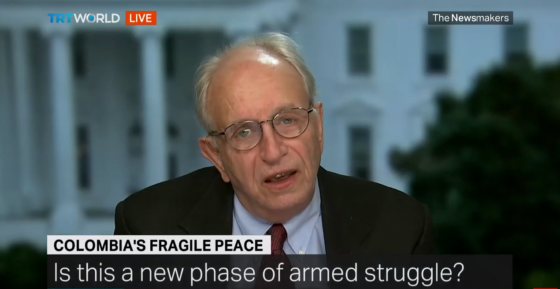 Video
Video
